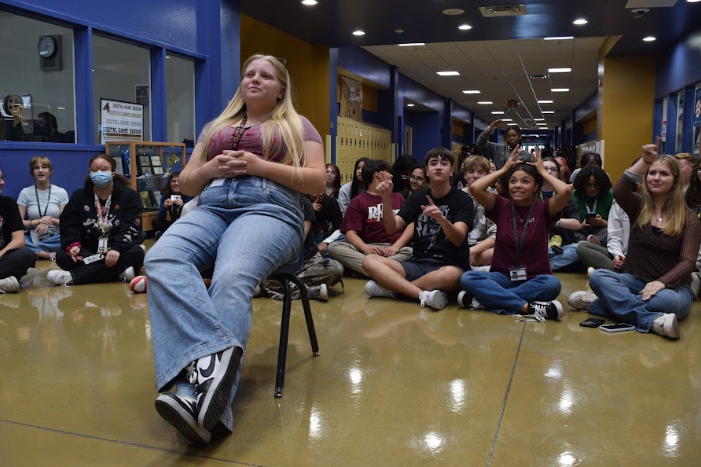In eleventh grade, one day after lunch, someone I knew peed their pants right in the middle of the hallway. They weren’t scared or anxious—they just had to pee. The worst part was that the story spread to all grade levels and before we knew it, everyone was calling them “Pee-Pants.”
But, this story is fake. A lie. A fable. A rumor.
I had never met this person, but it was all anyone was talking about. Some people would even include details I had never heard—it was like a giant game of telephone, but everyone was lying. Fake stories like these often spread like wildfire, even if they are not true–because they are entertaining. Just as much as the next person, I have always been a fan of storytelling, like hearing about that one guy who started a revolution in his Government class last year or another senior who was known to eat everything in only one bite. But sometimes we go a little far and start to tell stories that cause more harm than they are worth.
In fact, rumors are so normalized, especially in high school, that I never realized how often I trust the words of others without thinking twice. Mostly since my initial thought is not to question one when I hear it–especially if it is coming from someone I know and trust.
Even though every rumor isn’t initially made to degrade our peers, we never consider the consequences of telling other people’s stories. Whether we start rumors out of jealousy, to fit in or simply to contribute to a conversation, it doesn’t reveal anything about ourselves to only focus on what other people are doing. Not that I believe our lives should strictly be about personal reflection, but when we prioritize others stories over our own we fail to grow as individuals.
Even though we are surrounded by media and people on social media committed to focusing on others, we can’t continue to rationalize being so concerned and involved in lives other than our own. We have accepted this type of behavior as simply “high school culture” but it gives students a false perception of the real world. While we can continue keeping up with our peers like they are the Kardashians, we have to stop and ask if these stories are even true and consider what it could do to the people involved if it isn’t.
But the art of storytelling isn’t an entirely bad thing, only when it is used purposely to degrade our peers. I can only hope we can continue telling silly stories that don’t jeopardize the reputation of the people around us. While we should strive for truth, if you find yourself in a “Pee-Pants moment” that you seemingly can’t shake off just remember, nobody can limit you to that perspective if you don’t allow it to define you–just present a different story.

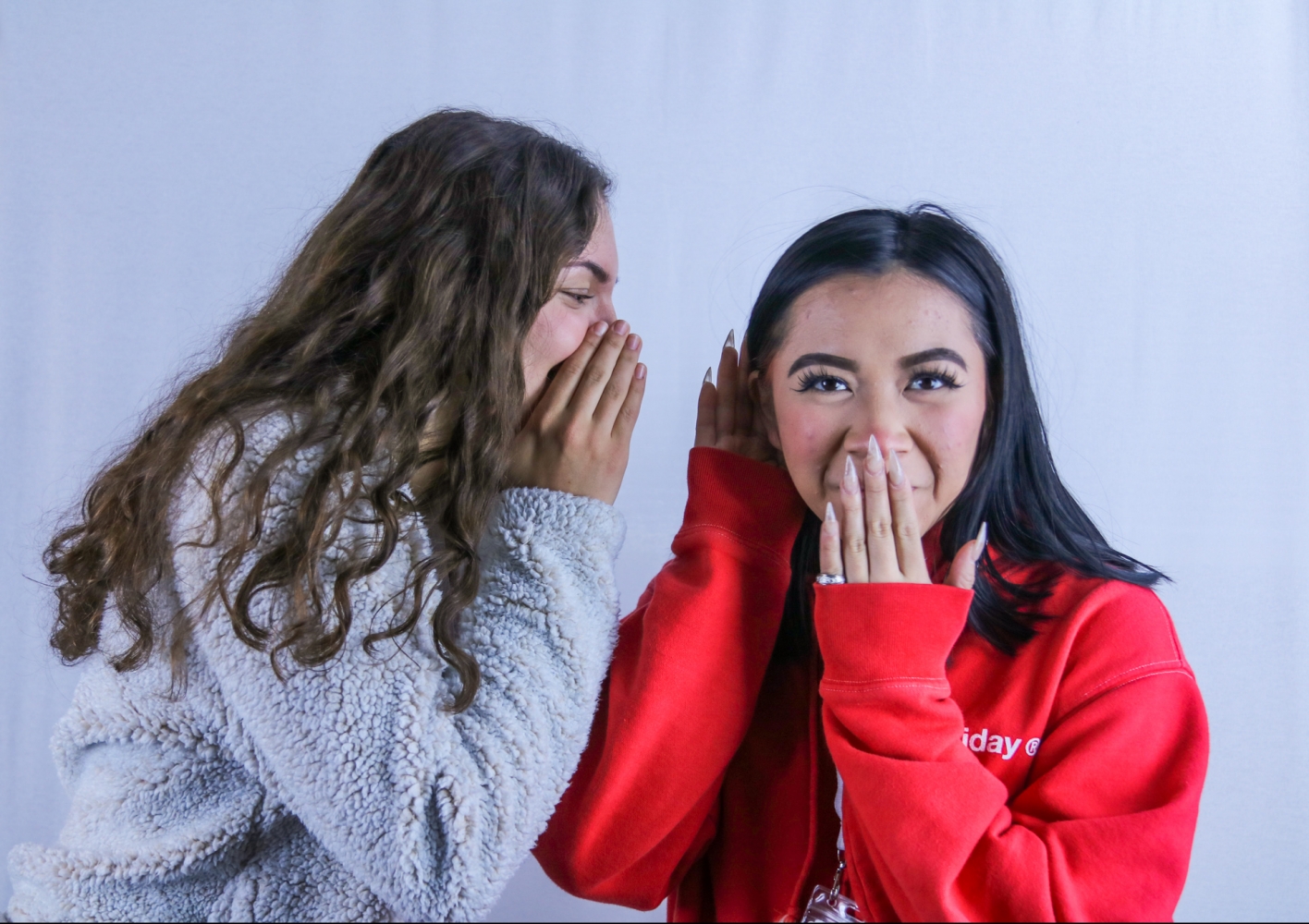






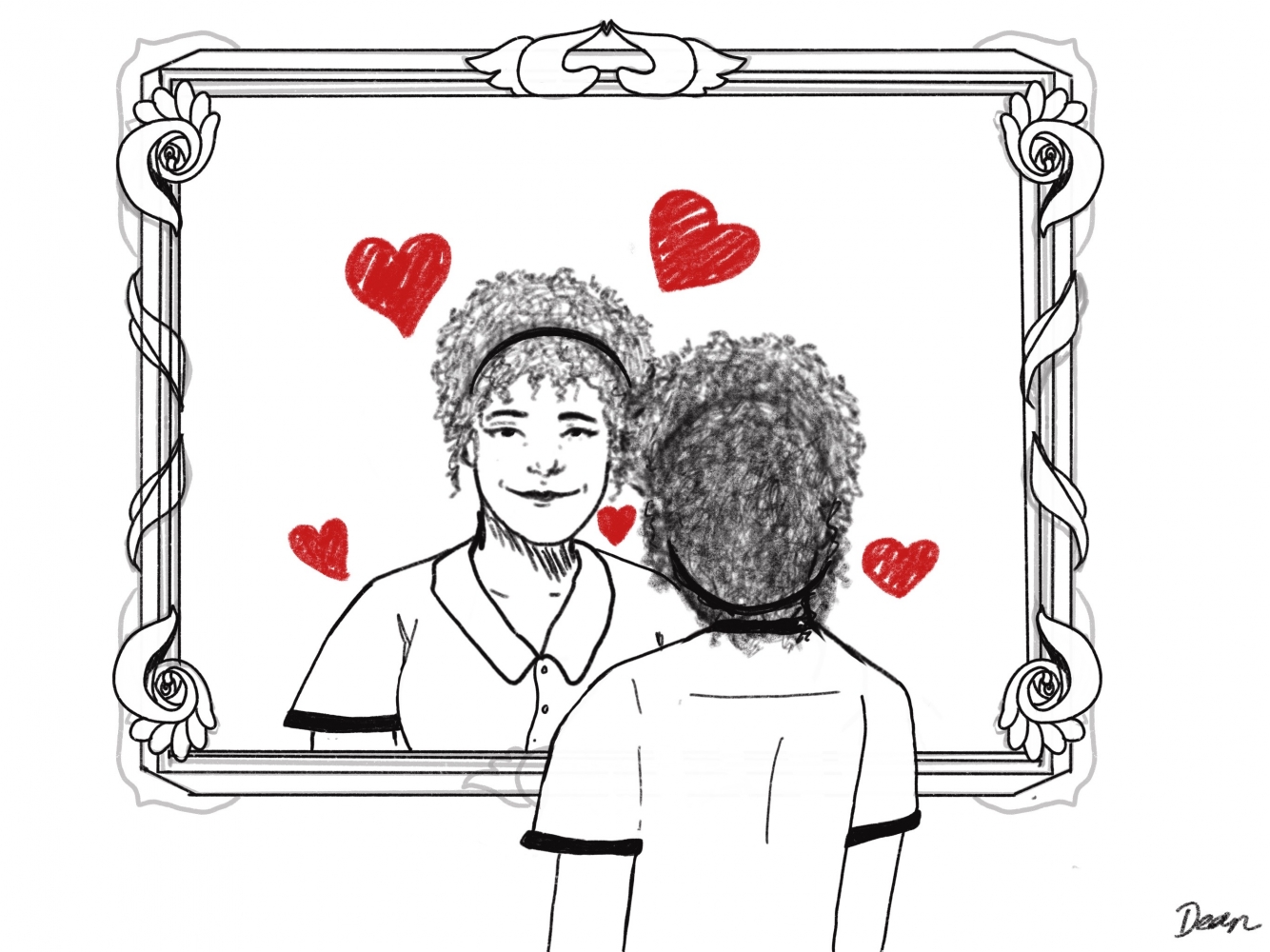

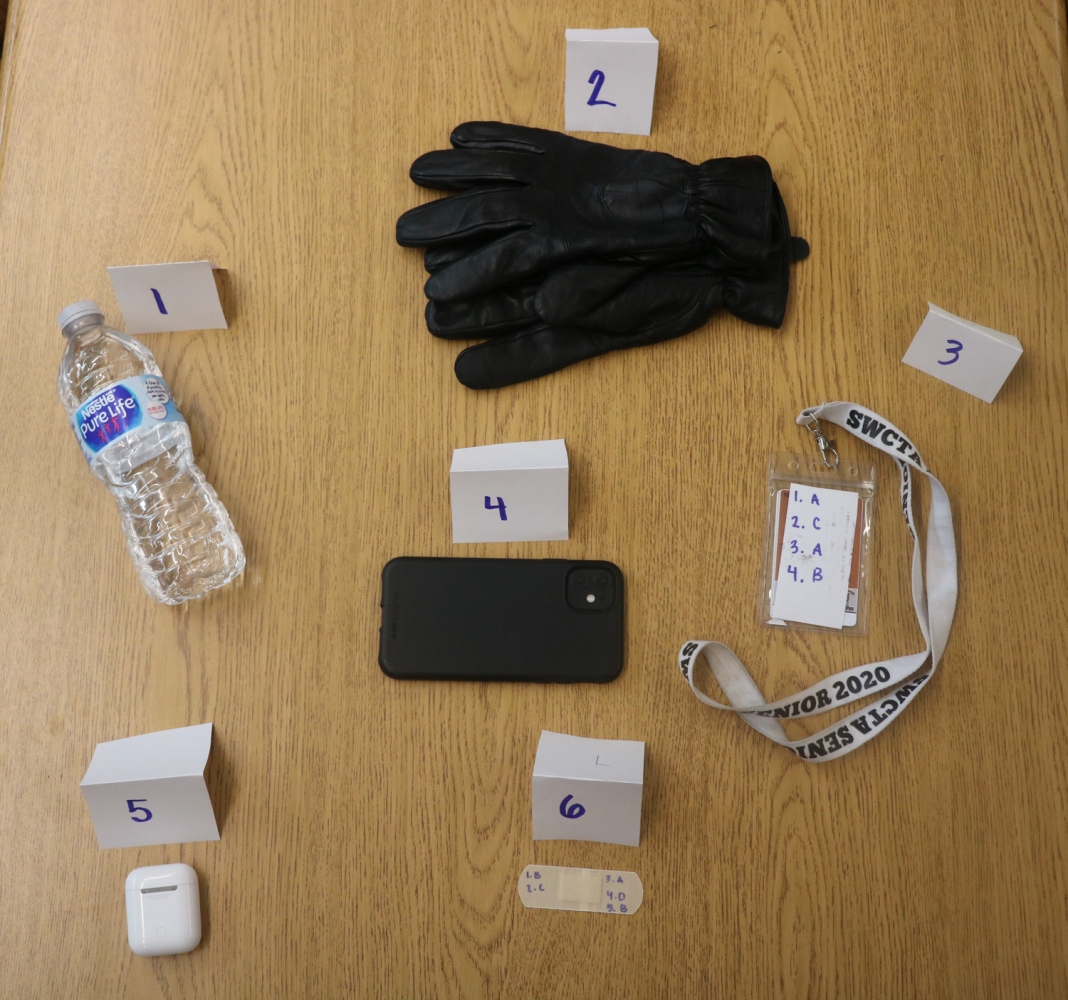


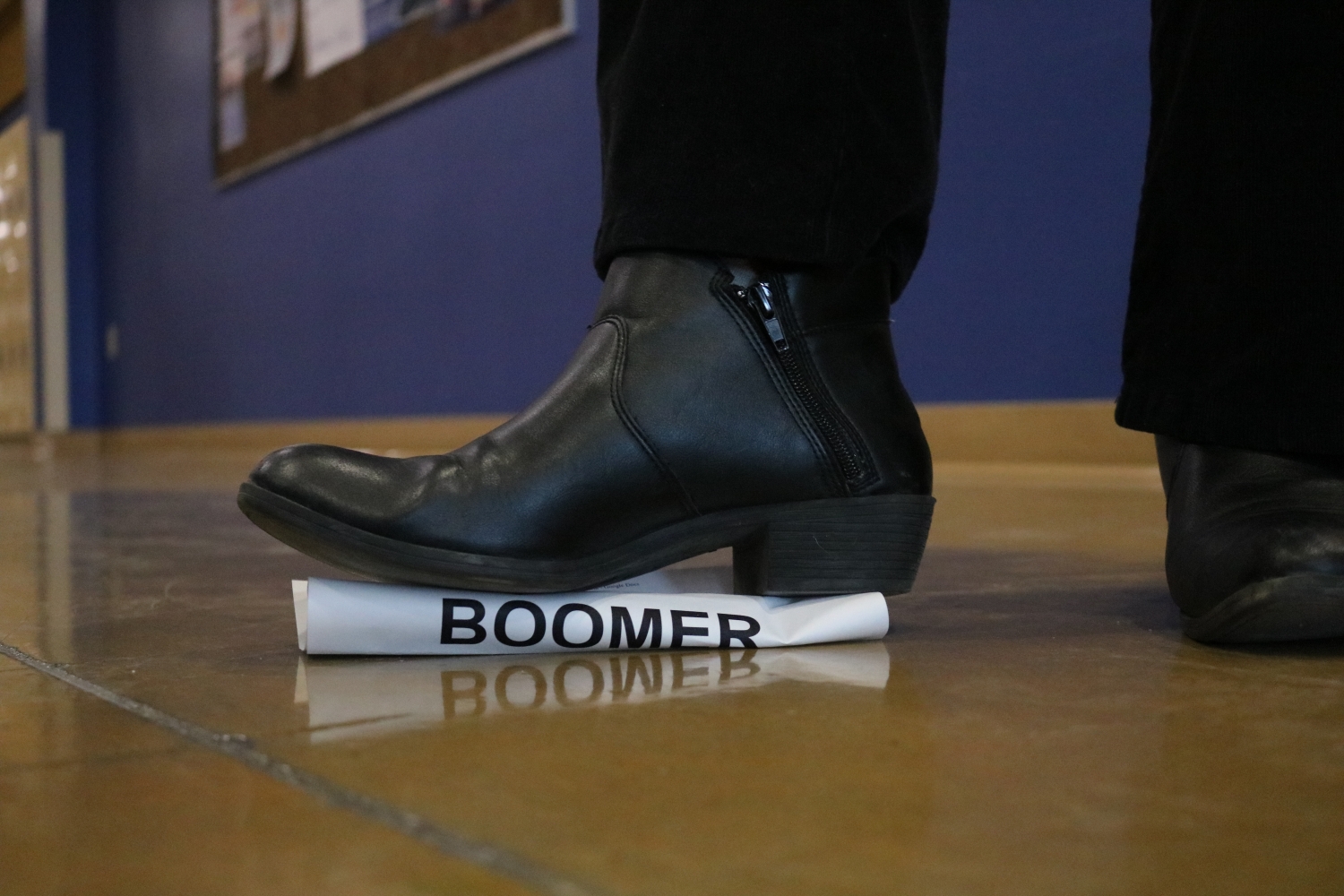
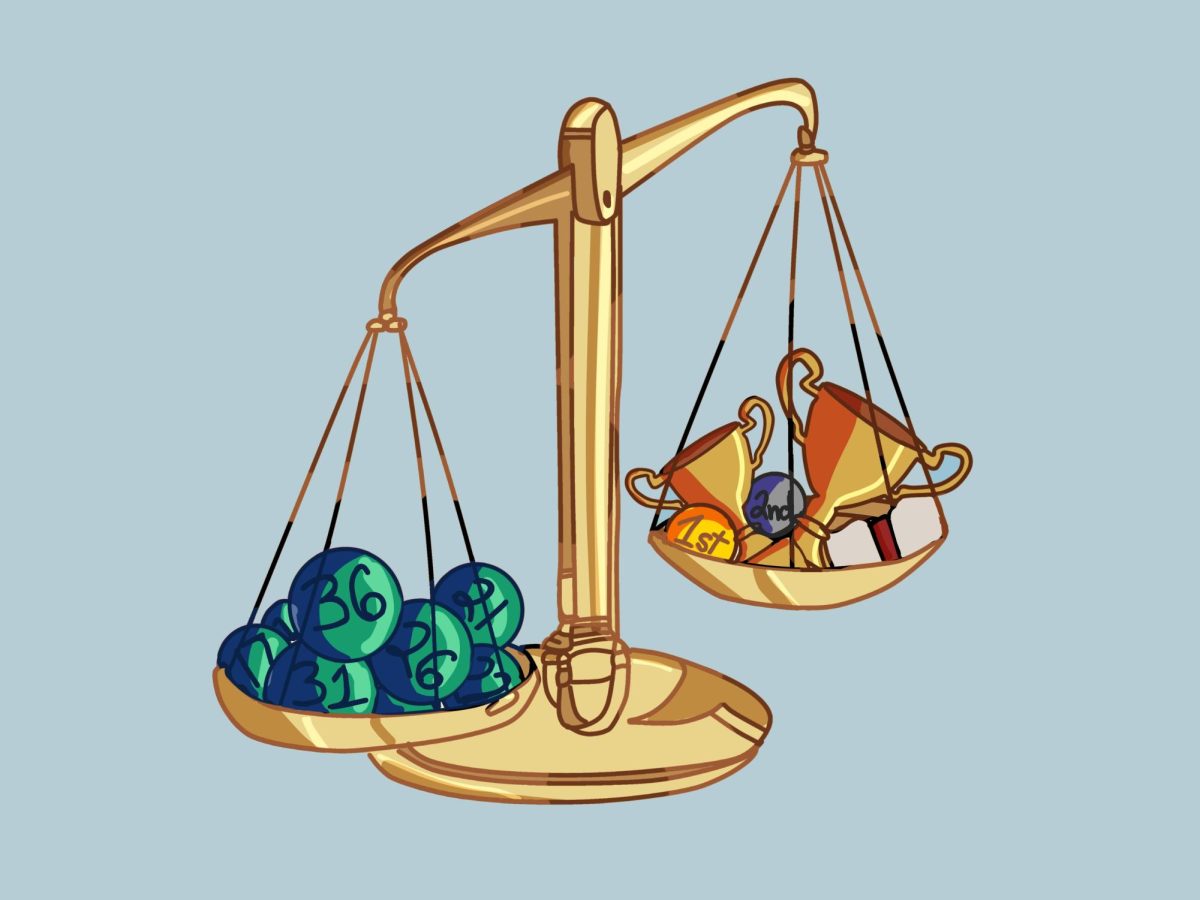

![Weighing her options, senior Allyana Abao decides between going on a practice drive or calling an Uber. Though unlicensed, Abao has considered driving to be a significant milestone of teen independence despite alternatives that provide much easier solutions.
“You're able to be independent and not rely on others,” Abao said. “You're able to get a job, get things that you need, go places you need to go. I have so many places that I want to go to and I ask [my family] for so much. I want to be independent to where they know that I can do things on my own, so they know that they don't have to be there for me.”](https://southwestshadow.com/wp-content/uploads/2025/10/IMG_2922-1200x900.jpg)
![Looking at the board, former BSU secretary Christina Altaye begins to prepare for BSU’s second year of Club Feud. This year, “Are You Smarter Than a Ninth Grader?” will be replacing this event. “I think it’s a fun change [to Club Feud],” BSU Activities Director Hellen Beyene said. “[I think] it’s always fun to do something new and different.”](https://southwestshadow.com/wp-content/uploads/2025/10/Screenshot-2025-09-29-11.06.43.png)

